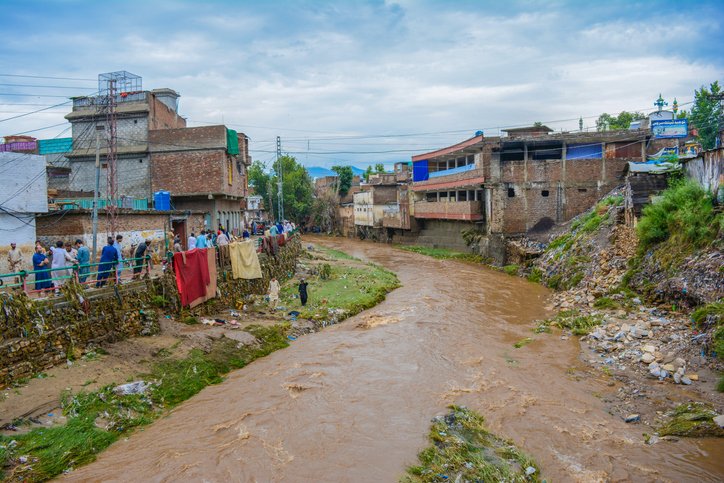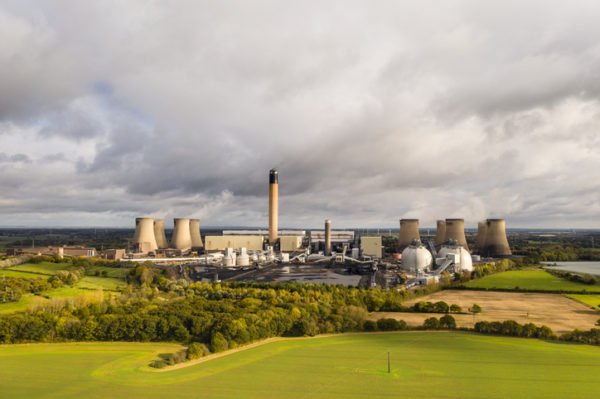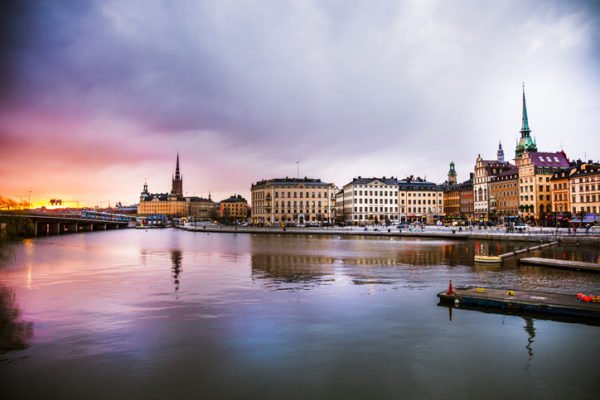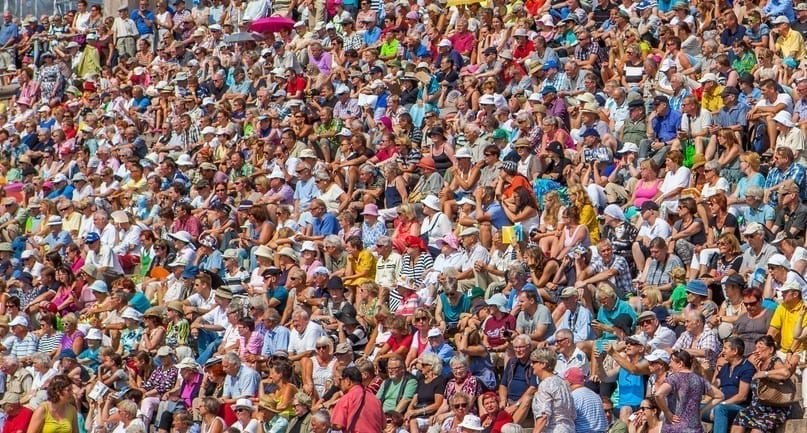This article first appeared in our COP27 special issue of My Green Pod Magazine, published on 11 November 2022. Click here to subscribe to our digital edition and get each issue delivered straight to your inbox
It has never been clearer what any aspiring ‘Leader for Now’ should be offering.
At a time of unprecedented jeopardy for the whole of humankind – with a global recession looming, with the threat of nuclear warfare back in the headlines, with the climate emergency intensifying by the month and with hundreds of millions of people sliding further into hunger and poverty – we should be looking out for just four fundamental features in all our leaders.
1 Defending democracy
As many predicted, the dinosaur of our extractive, growth-at-all-costs economy is not lightly giving up the fight, thrashing and gouging all the way to its inevitable death.
All too often, democracy itself becomes a victim of those death throes, with autocrats and populists promising that they alone have the solutions in such perilous times. And that democracy has failed.
This battle is being joined most fiercely in the USA. Whatever else you may feel about Joe Biden, pretty much everything he does is done in the name of shoring up America’s endangered democracy. And that is so important given that the Republican Party has given up any pretence of seeking democratic support to win power. 40% of US citizens now believe that civil war is highly likely – or even inevitable.
Today’s autocrats and populists survive through webs of corruption and ruthless repression, exacerbating poverty and injustice as they go. But without democracy, there will be no long-term solution to the world’s woes.
2 Standing up for the youth of today
Most politicians today (even those serving in more or less functioning democracies) have a foot in two camps: one in yesterday’s world of fossil fuels, extractive industries, intensive farming, Big Pharma and so on – simultaneously ramping up consumerism at every turn – and the other in tomorrow’s world of renewables, massive reductions in material throughput, healthy, nutritious food for all – and an emphasis on community, wellbeing and quality of life.
‘Covering your bets’ may make sense politically, but it only works by stealing young people’s futures. Leaders for Now have to position themselves unambiguously in tomorrow’s world, freeing themselves of any continuing dependency on today’s incumbent, planet-trashing industries. This is now binary: leaders either get this or they don’t.
 Play Video about This Rock Might Just Save The World
Play Video about This Rock Might Just Save The World Play Video about Play 2 hours of rock
Play Video about Play 2 hours of rock Play Video about Play 2 hours of brook
Play Video about Play 2 hours of brook Play Video about Play 2 hours of sheep
Play Video about Play 2 hours of sheep















































